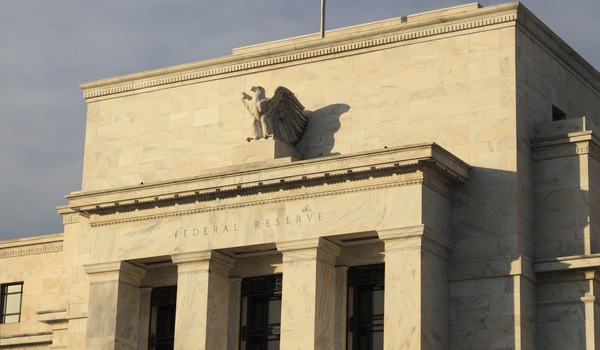Stocks continues to rally during the late US session on Tuesday, building on the momentum again in Asia, traders continued to become optimistic as Asian indices rose.
UK inflation is in focus alongside the UK budget later today. UK inflation estimates are showing that headline annual inflation should decline slightly from 10.1% in January to 9.9% in February.
Likewise, core annual inflation should also ease marginally from 5.8% in January to 5.7% in February. Sterling is trying to recover after soggy earnings data on Tuesday.
The annual inflation rate in the UK fell to 10.1% in January of 2023 from 10.5% in December, below market forecasts of 10.3%. Inflation fell for a third consecutive month to the lowest since September last year.
The largest downward contribution came from transport (3.1% vs 6.5%), particularly passenger transport and motor fuels; and restaurants and hotels (10.8% vs 11.3%).
Compared to the previous month, the CPI fell 0.6%, the first decline in a year and the biggest since January 2019. Major declines were seen for fuels (-3.8%) and air transportation (-41.7%).
Chancellor Jeremy Hunt will unveil his Budget, outlining the UK government’s tax and spending plans. Several companies postponed or cancelled investment programmes in anticipation of higher tax and regulatory burdens, while other companies are looking at moving away from the UK completely.
There has also been speculation that the chancellor may extend the energy support scheme for businesses and freeze the energy price cap for households at its current level of £2,500 as energy prices have declined in recent months.
The Federal Open Market Committee (FOMC) statement is due at 1800 GMT today, 2pm US Eastern time. The consensus is for a 25bp rate hike, but not unanimously.
Goldman Sachs has given its view on today’s decision and is in the “on hold” camp saying financial stability concerns will trump inflation concerns at this meeting.
Goldman Sachs notes “Overall, the historical record suggests that the FOMC tends to avoid tightening monetary policy in times of financial stress and prefers to wait until the extent of the problem becomes clear, unless it is confident that other policy tools will successfully contain financial stability risks”.




